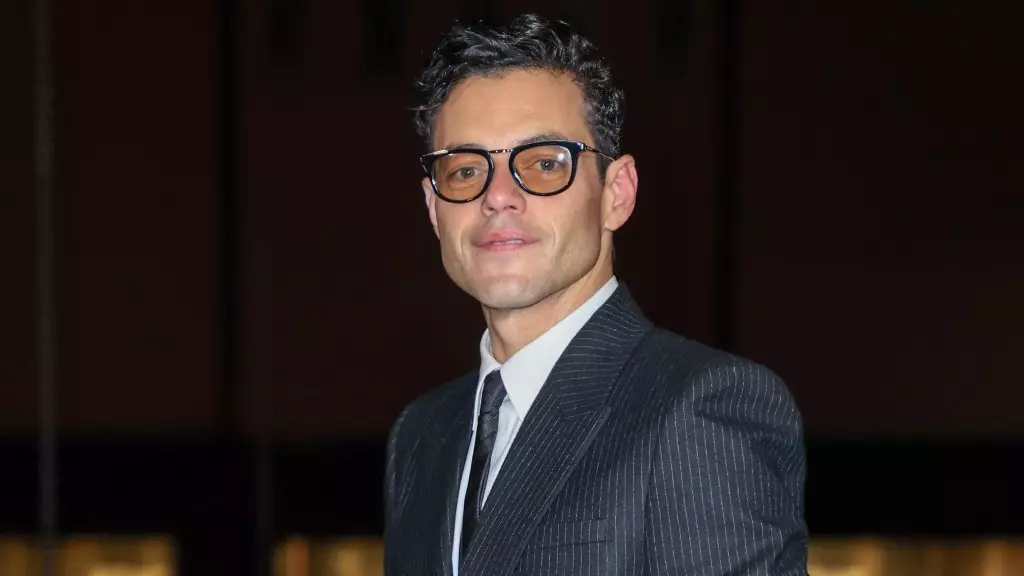In a recent interview, Oscar-winning actor Rami Malek shared a troubling experience that highlights the pervasive issues of racial profiling and stereotyping in modern society. This encounter with the Los Angeles Police Department not only exposes the various dimensions of prejudice but also reveals the psychological scars that such incidents can leave on individuals. Malek candidly recounted how, based on a vague description linked to a robbery, he found himself literally thrown onto the hood of a police car—an act that exemplifies the arbitrary nature of racial profiling.
Malek’s experience sheds light on the inherent complexities of identity, particularly for individuals of Middle Eastern descent living in a diverse yet occasionally hostile cultural landscape like Los Angeles in the 1990s. Despite possessing what is often referred to as “white passing” features, Malek faced discrimination that disallowed him a sense of belonging. This dichotomy of being both seen and unseen, as he described, is a painful and confusing reality for many who straddle cultural identities. His reflections delve deep into the nuances of being identified predominantly by racial and ethnic stereotypes, which often fail to capture one’s full humanity.
Humor Amidst Tension
Interestingly, Malek recounted how humor emerged as a form of coping mechanism during this harrowing incident. As he sat on the hood of the police car, aware of the absurdity of his situation, he found a moment of comic relief in the realization that his friend, a Caucasian by appearance, had to intervene to clarify his identity. This interplay of humor in the face of absurdity not only exemplifies Malek’s resilience but also underscores a broader cultural phenomenon. Many individuals subjected to racial profiling often resort to humor as a way of reclaiming agency in otherwise dehumanizing situations.
While the specifics of what happened next are unspecified in Malek’s narrative, the implications of racial profiling extend far beyond the immediate encounter. Such experiences can lead to long-lasting emotional and psychological impacts, where the individual is left to navigate feelings of vulnerability and distrust towards authority figures. The chilling reality of being wrongfully accused can lead to an erosion of one’s sense of safety in public spaces. The need for systemic change in society to confront and dismantle these prejudiced structures becomes increasingly apparent.
Despite the challenges he faces personally, Malek’s career continues to thrive. Known for his standout role as Freddie Mercury in “Bohemian Rhapsody,” he is now set to explore complex characters in upcoming projects, including a performance at London’s Old Vic theatre as Oedipus. His ability to shift between a celebrated actor and an individual grappling with social issues stands as testament to both his talent and the societal themes he navigates in his life and work. As he prepares to appear in “The Amateur,” alongside notable actors, Malek’s commitment to exploring dark narratives reveals his depth as an artist willing to confront and ascertain the intricacies of identity, violence, and the human experience.
Rami Malek’s experience encapsulates the harsh realities of racial profiling, underscoring the need for discussions that address identity, cultural prejudice, and the human condition. His narrative is not just a personal testimony, but a call to acknowledge and dismantle the stigmas that persist in society today.


Leave a Reply